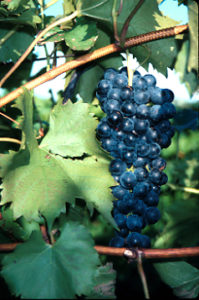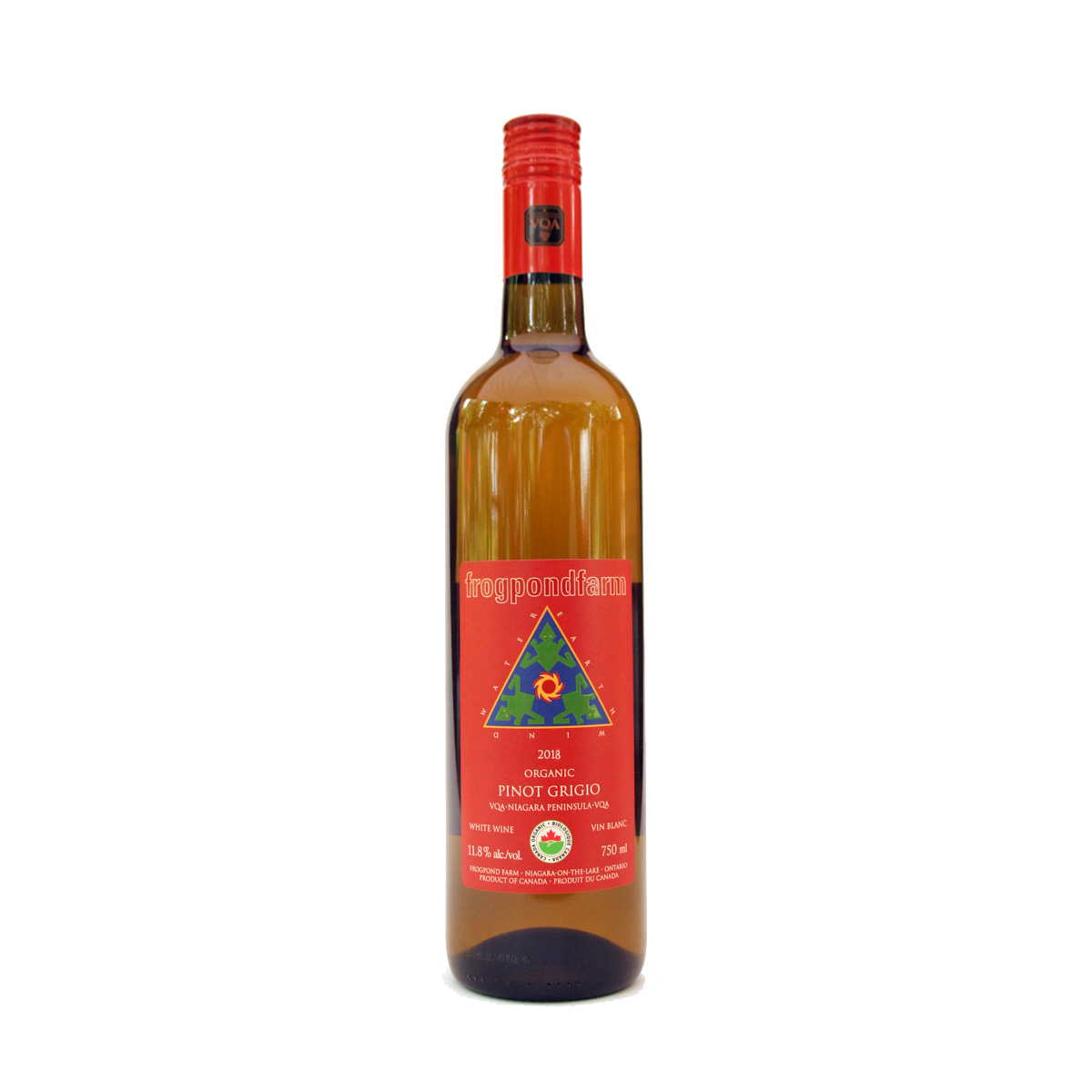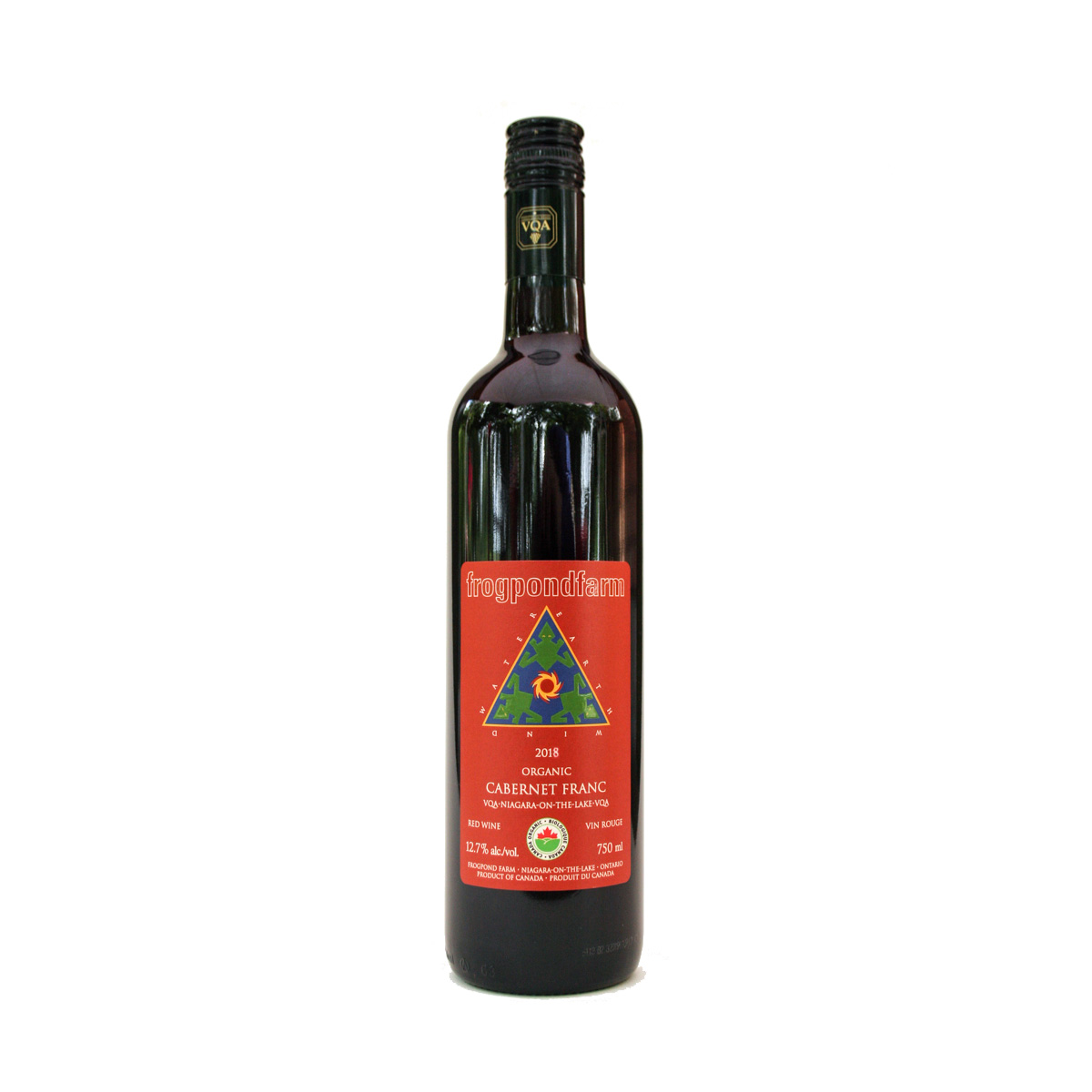Wine is making me sick!
People who have had adverse reactions to wine often ask if switching to organic wine will alleviate the symptoms.
Possibly! But it depends on what caused the reaction in the first place.
Over-imbibing any alcohol will leave you with a bad headache and nausea.

But if you do not drink enough to cause a hangover and you still have symptoms, then you may be reacting to some common chemical compounds in wine.
So, let’s take a look.
The most asked about compound in wine is sulfites.
If you react to sulfites then you are among the 1 – 2% of the general population.
An allergic reaction to sulfites in food and drink usually involves the respiratory system ~ couching, wheezing, throat tightness, hay fever-like symptoms (runny itchy nose and watery eyes, sneezing) and at worst anaphylaxis. Read more symptoms.
Sulfites are substances that naturally occur in some foods and in the human body. They are also regulated food additives that are used as preservatives to maintain food colour and prolong shelf-life, prevent the growth of micro-organisms and to maintain the potency of certain medications.
All wine contains sulfites because it is a by-product of fermentation. These naturally occurring levels of Free SO2 or sulfites can be up to 10 mg/l (or 10 parts per million).
But sulfites (in various forms) can also be added during the winemaking process, before bottling, and to sanitize equipment.
Organic dry wines in Ontario can have up to 30 mg/l (30 ppm) of Free SO2 (sulfites) whereas conventional wines will have up to 50 mg/L (50 ppm). So by switching to organic wine, you will be exposed to fewer sulfites.
Related Facts
- Sulfites come from sulfur which is a natural element and a macronutrient for all living organisms
- SO2 or sulfur dioxide is a gas used to preserve foods because it acts as an antioxidant and antimicrobial agent
- Potassium metabisulfite in powder form is used to sanitize winemaking equipment and as a preservative in musts and wines
- Sodium metabisulfite is used for sanitizing equipment
If you are not intolerant to sulfites, what else could it be?
Other triggers in wine that can cause adverse reactions may come from naturally occurring histamines and tannins.
Histamines

Histamines are found in human/animal body cells as well as in vegetable and microbial metabolisms. They are a biogenic amine.
These biogenic amines are found in a variety of foods (e.g., all foods containing proteins or free amino acids) such as wine & beer.
Histamine is derived from the amino acid histidine. In the human body it acts as a neurotransmitter (or chemical messenger sending signals) as in response to an allergic reaction
Reactions may include:
- inflammation
- itching, rash, hives, facial flushing
- headache, migraine, dizziness
- runny nose, difficulty breathing, sore throat
- heartburn, bloating (flatulence), diarrhea, constipation, nausea/vomiting, abdominal pain
- high blood pressure (hypertension), low blood pressure (hypotension), arrhythmia
Related Facts
- red wine has more histamine than white wine, that’s why you hear about “Red Wine Headaches”
- but wine actually contains lower levels of histamines (less than 10mg/l in white wine and less than 30mg/l in red wine) than foods such as cured meat, fish or mature cheeses
Tannins
Tannins or anthocyanins are found in grape skins, pips, and stems which are included when fermenting red or orange wines.

Tannin is detected by your mouth as a bitter, drying (astringent) or furry effect … as if you were drinking black tea. If you see sediment at the bottom of bottles of older red wines, those are precipitated tannin molecules. That’s why older wines taste smoother or less astringent than young wines.
Reactions may include:
- headache, migraine, dizziness
- bowel irritation, stomach ache, nausea
- hot flashes, accelerated heart rate
- breathing problems
Related Facts
- tannins can also come from oak barrels in which wine is fermented, stored or aged
- tannin is found in coffee, tea, and dark chocolate
- tannin acts as an anti-oxidant and preservative (that’s why red wine needs less SO2 addition than white wine)
- tannins add to the development of ageing aromas (toast, oak, cedar, coconut, chocolate etc.)
Now for some good news about wine!
Wine, in moderation, can positively affect our physical and mental health. Wine has strong anti-oxidants and resveratrol (red wine only) which can guard against cancer and harmful bacteria.



 Art Show 2020 – Cancelled due to COVID-19
Art Show 2020 – Cancelled due to COVID-19


